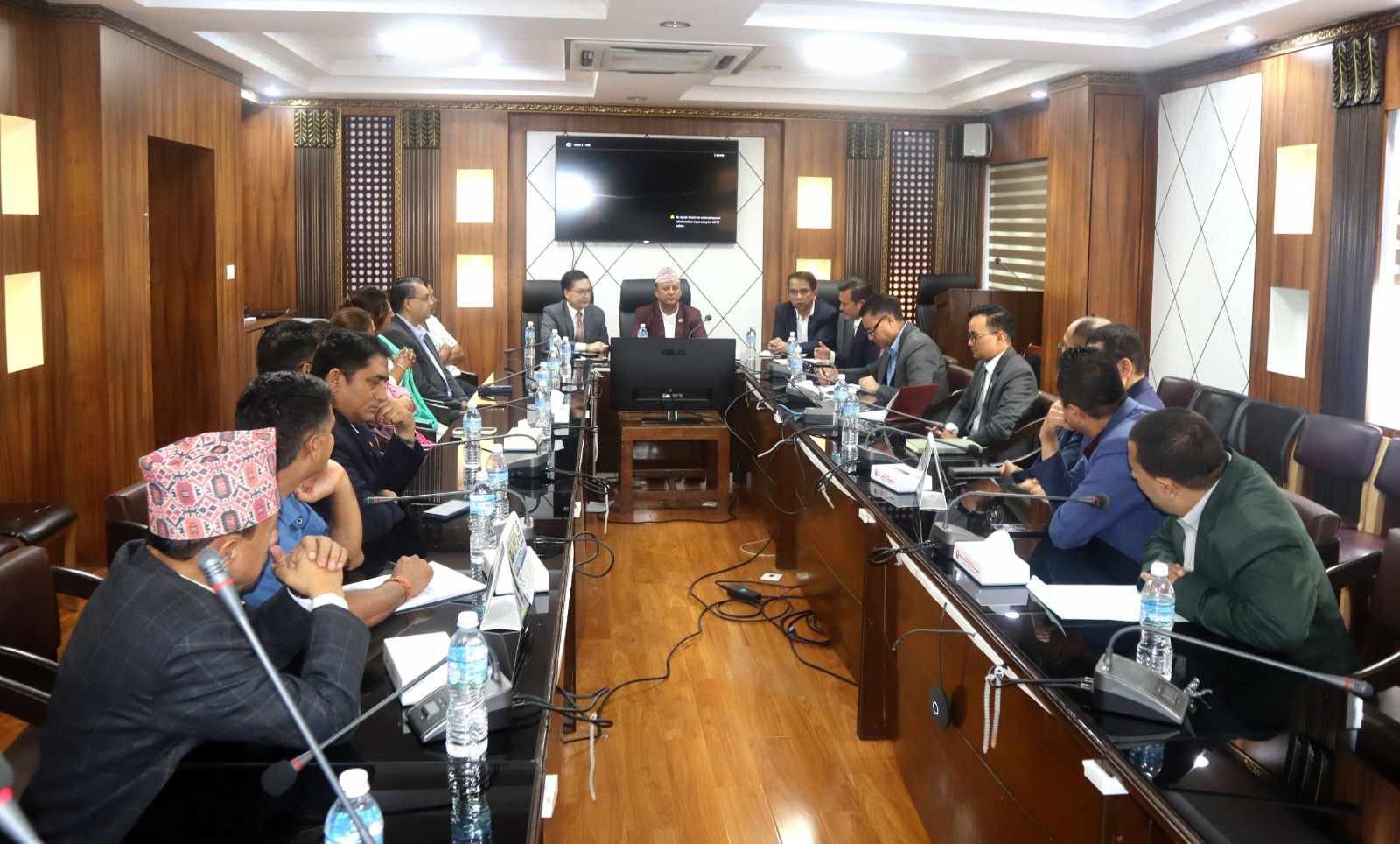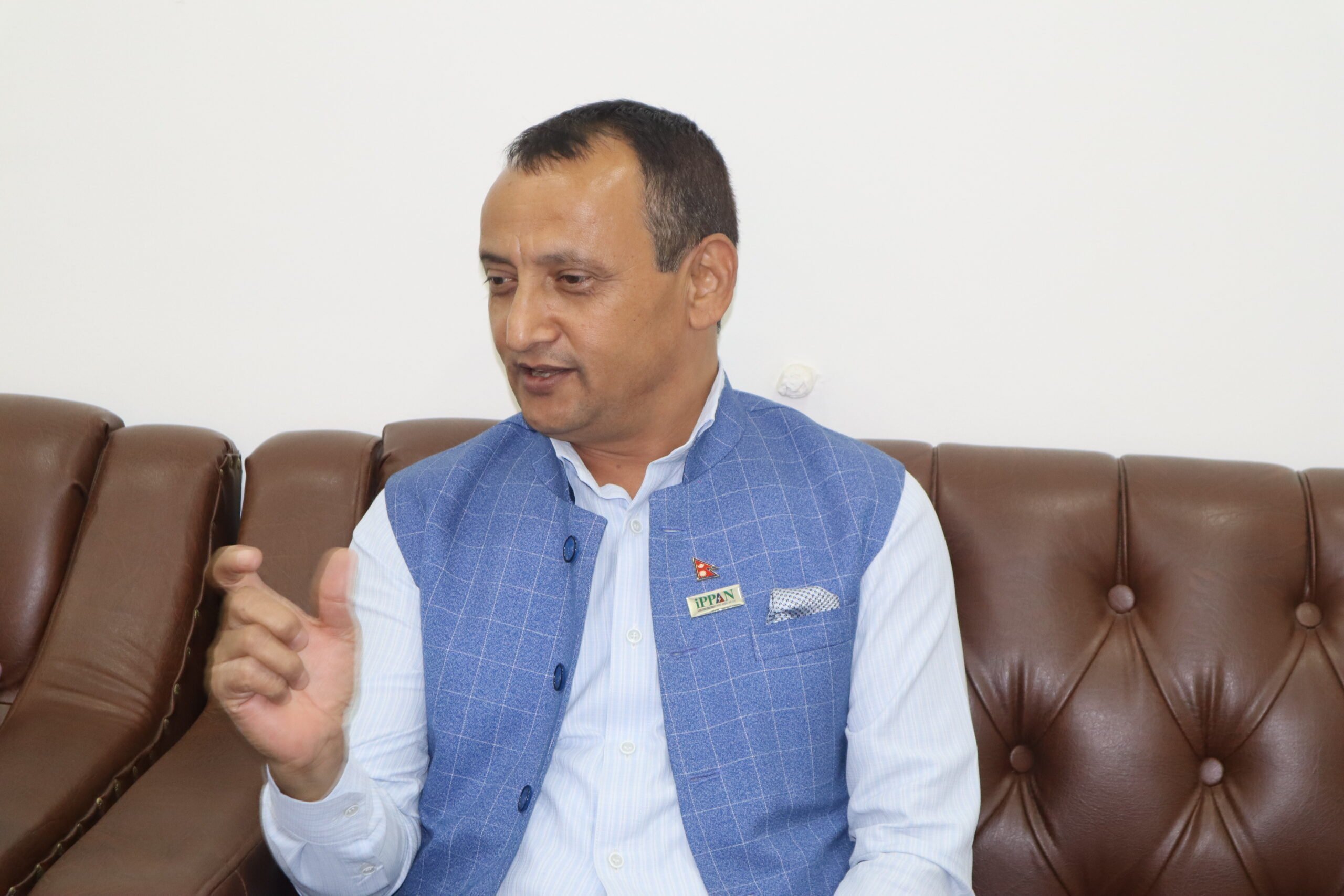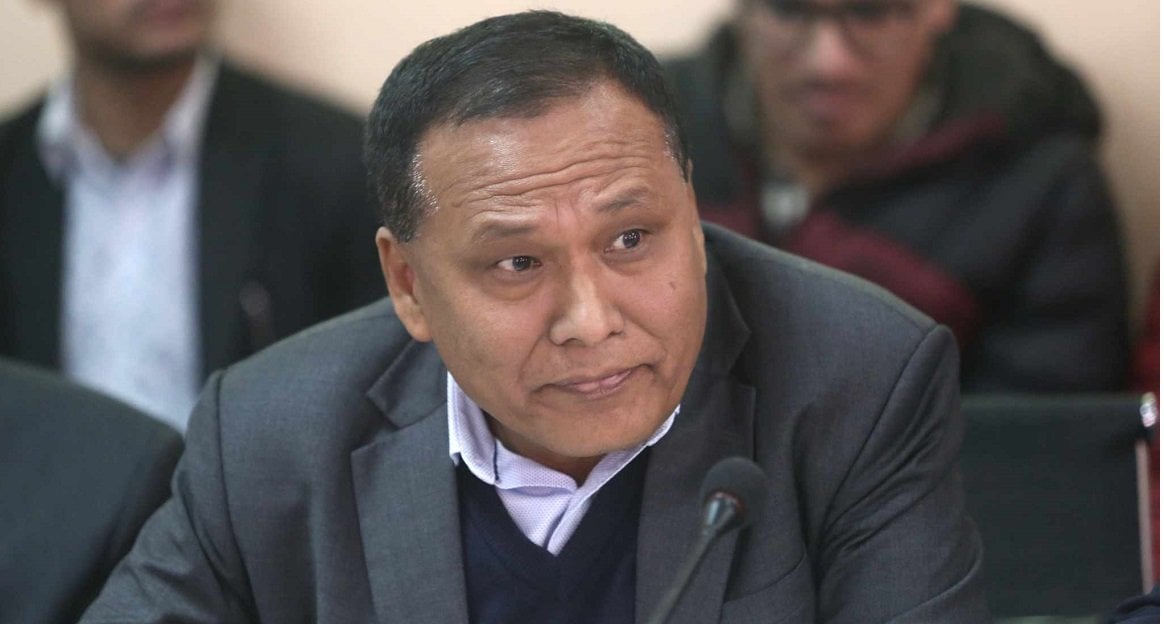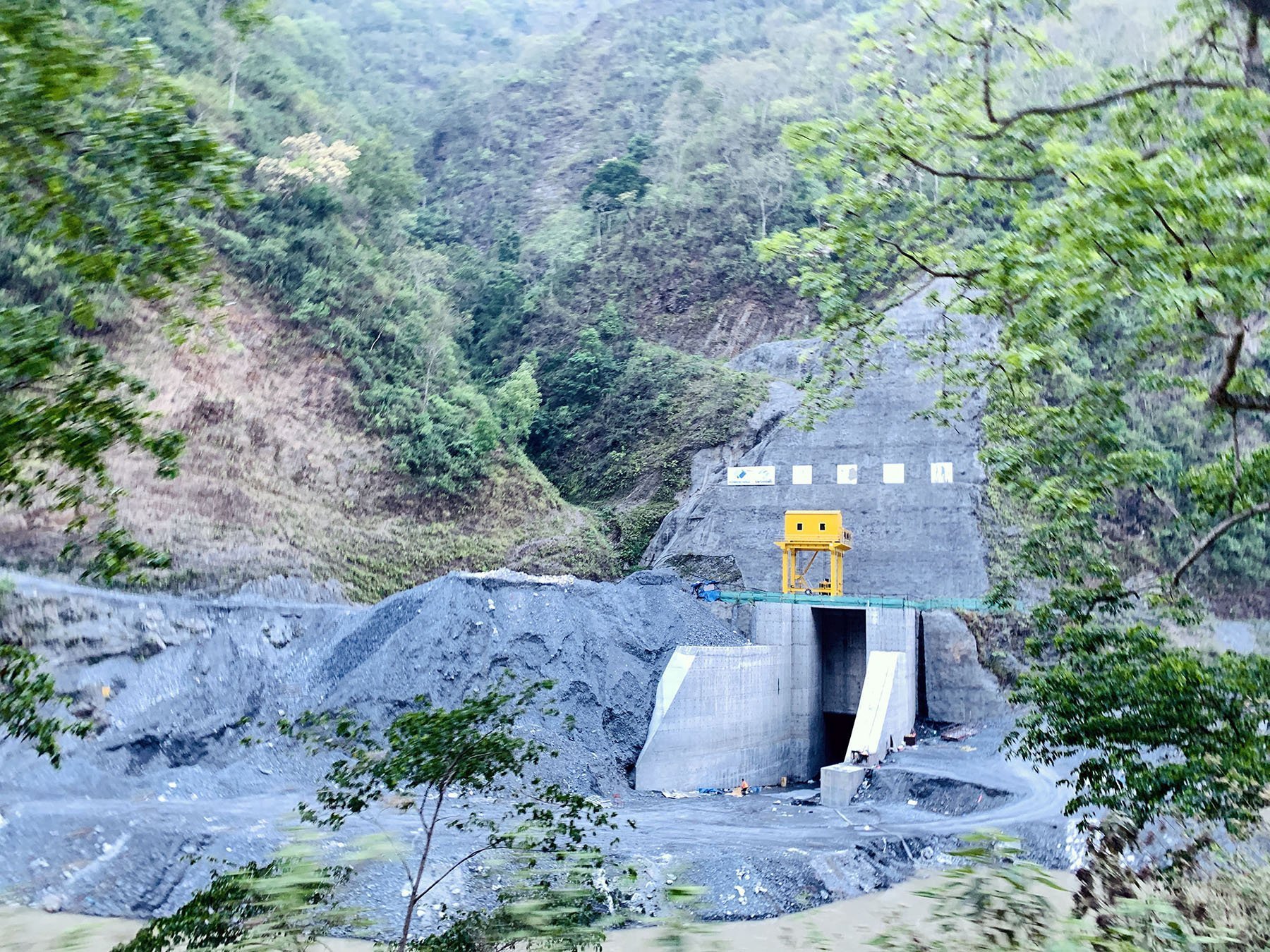Energy entrepreneurs express frustration over government indifference

Kathmandu, September 24 — The private sector has accused the Ministry of Forests and Environment of being the main obstacle in the energy sector. They claim the government is indifferent to the development of the energy sector.
The private sector has been expressing grievances that the government is not addressing the existing problems in the energy sector, failing to remove obstacles to ongoing projects, and only making speeches about energy development.
The Independent Power Producers Association, Nepal (IPPAN) has repeatedly brought this issue to the attention of high officials in government agencies. In the past two months, IPPAN has had multiple discussions with Minister of Energy, Water Resources, and Irrigation Deepak Khadka regarding these issues. However, IPPAN states that problems persist.
 After a lack of action from departmental ministers to resolve the issues, IPPAN officials reiterated their concerns to Nepali Congress President Sher Bahadur Deuba on September 22. According to energy entrepreneurs participating in the discussion, after noting the minister's lack of interest, they chose to inform the party president responsible for the ministry.
After a lack of action from departmental ministers to resolve the issues, IPPAN officials reiterated their concerns to Nepali Congress President Sher Bahadur Deuba on September 22. According to energy entrepreneurs participating in the discussion, after noting the minister's lack of interest, they chose to inform the party president responsible for the ministry.
Energy investors say that despite Cabinet decisions for acquiring government land and tree felling, implementation is lacking, inter-ministerial coordination is absent, and acquiring government land is more problematic than private land. They also mention that issues like boundary disputes and land division are hindering project construction.
 Senior Vice President of IPPAN Mohan Kumar Dangi states that the Ministry of Forests has become a significant obstacle to all types of development, including hydropower. “Some companies licensed by the Ministry of Energy and the Investment Board have not even been able to conduct studies due to forest issues,” he says, adding, “It can take years to get permission to fell a single tree. The Forest Ministry acts as if it is not part of Nepal but rather obstructs at every step like a foreign government.”
Senior Vice President of IPPAN Mohan Kumar Dangi states that the Ministry of Forests has become a significant obstacle to all types of development, including hydropower. “Some companies licensed by the Ministry of Energy and the Investment Board have not even been able to conduct studies due to forest issues,” he says, adding, “It can take years to get permission to fell a single tree. The Forest Ministry acts as if it is not part of Nepal but rather obstructs at every step like a foreign government.”
Various studies indicate that Nepal’s total electricity production capacity exceeds 72,000 megawatts. Currently, only 3,156 megawatts are connected to the national transmission line. Although around 300 megawatts are produced, they are not connected to the national grid due to a lack of transmission lines.
Not only private investors in the energy sector but also high-ranking officials from government agencies have stated that the Ministry of Forests and Environment is the biggest hindrance to energy development. Kulman Ghising, Managing Director of the Nepal Electricity Authority, says that the behavior of one government agency towards another is inappropriate.

“The Ministry of Forest has continuously raised land prices. Currently, the cost of land is double that of the overall project cost,” Ghising states. “For example, the Modi Corridor project is valued at NPR 450 million, but the land cost alone is NPR 900 million.”
Many laws and regulations from the Ministry of Forests are reported to be impractical by government agencies themselves. Currently, a rule requires that for every tree cut down, ten must be planted and grown for five years. Ghising notes, “Such provisions not only delay project construction but also unnecessarily increase costs.”
Dangi questions, “If government agencies like the Nepal Electricity Authority (NEA) face problems in land acquisition, how much more difficult will it be for the private sector?”
Currently, more than 4,400 megawatts of hydropower projects are under construction by both the private and public sectors. An additional 280 private and 15 government projects have secured licenses. However, many of these projects are unable to start on time due to government laws and regulations, according to IPPAN member Bharat Parajuli.
“Hydropower projects are planned in forest areas, in villages, but not in the flat lands of the Terai,” he states. “Forty-five percent of the land is forested. You cannot even touch it without permission. It can take years to obtain that permission.” Parajuli believes that unless the existing issues with the Ministry of Forests and Environment are resolved, there will be no development in any sector of Nepal, let alone hydropower.

Due to issues like forest and environment laws, policies, and regulations not being conducive to electricity development, Parajuli asserts that the goal of producing 30,000 megawatts of electricity in ten years will not be achieved.
To construct hydropower projects, dozens of government agencies must be involved, including the Ministries of Energy, Land Reform, Physical Infrastructure, and Law. The Ministry of Forests and Environment, along with its departments, plays the most significant role in this.
Badri Raj Dhungana, Joint Secretary at the Ministry of Forests and Environment, states that they cannot facilitate a legally established system. “This applies not only to hydropower but to all sectors,” he says. “Due to legal provisions, it cannot be done just because someone wants it. We also believe that work should be done smoothly.”
Ghising notes that most government land belongs to the Forest Ministry and is exceedingly expensive compared to private land. “We have just signed a contract worth NPR 5 billion. Without that, no agreement will be made,” Ghising said. “For rights of way under transmission lines, we give 20% for private land but must pay 100% for government land.”
Experts also indicate that issues related to forests are obstructing energy development. “Creating a 'one-door system' would make things easier,” they suggest. “Permissions are needed for any sector, but it’s about how to make the process smoother,” former Energy Secretary Anup Kumar Upadhyay states. “Establishing a one-door system for granting permits would simplify matters for everyone and prevent blame-shifting.”









Leave Comment